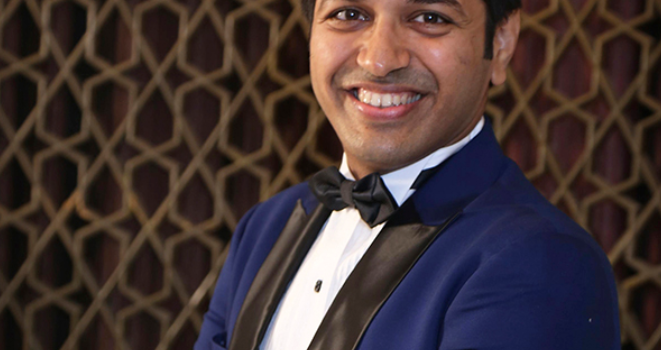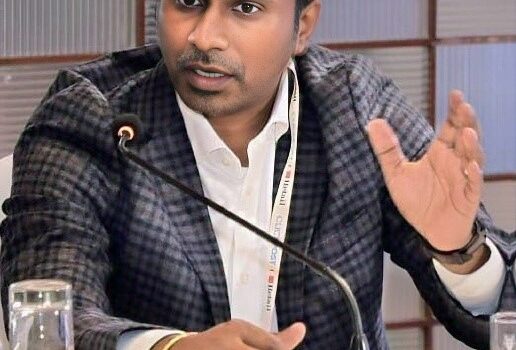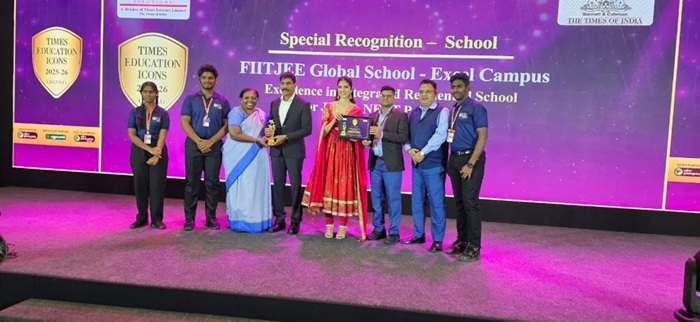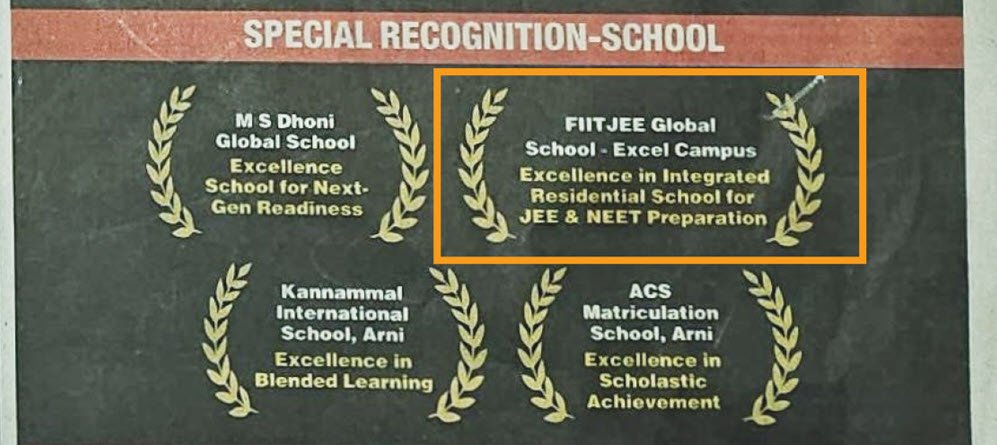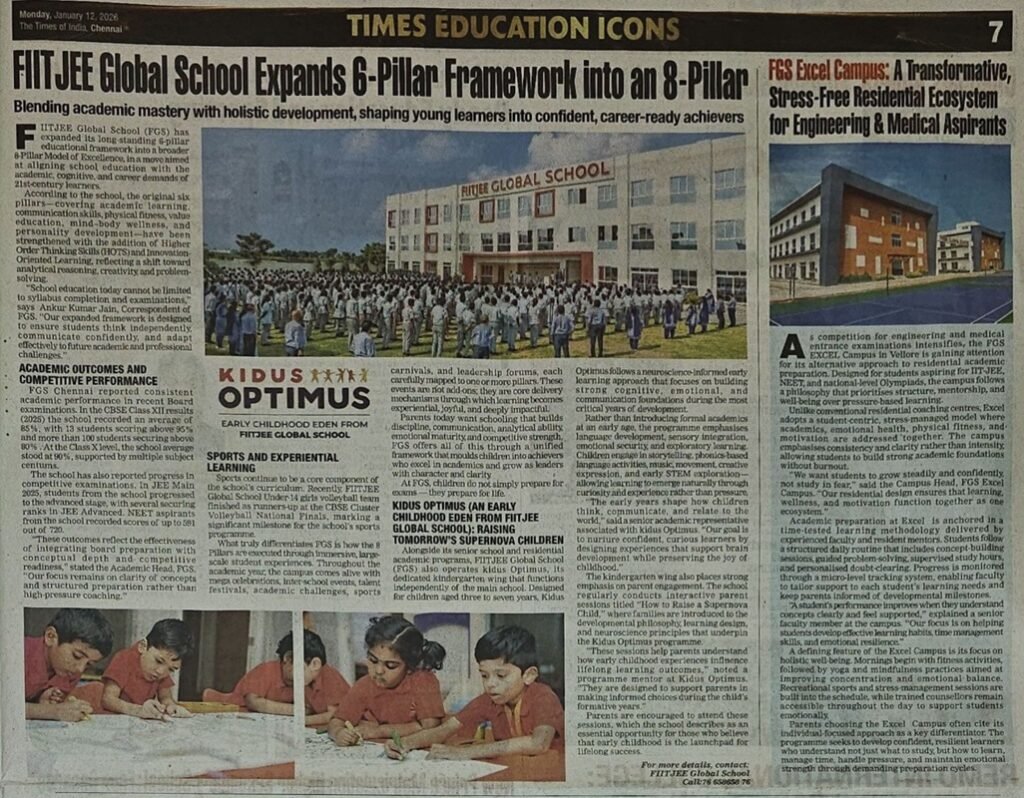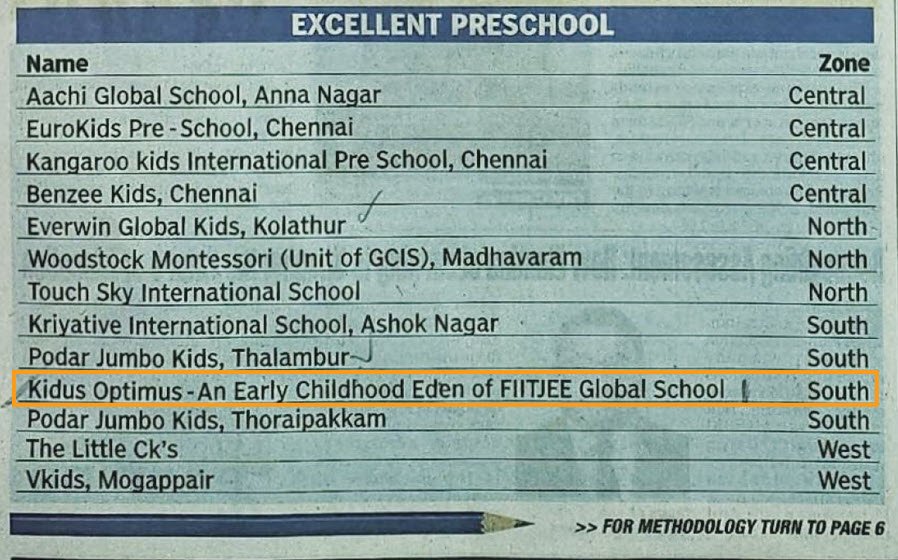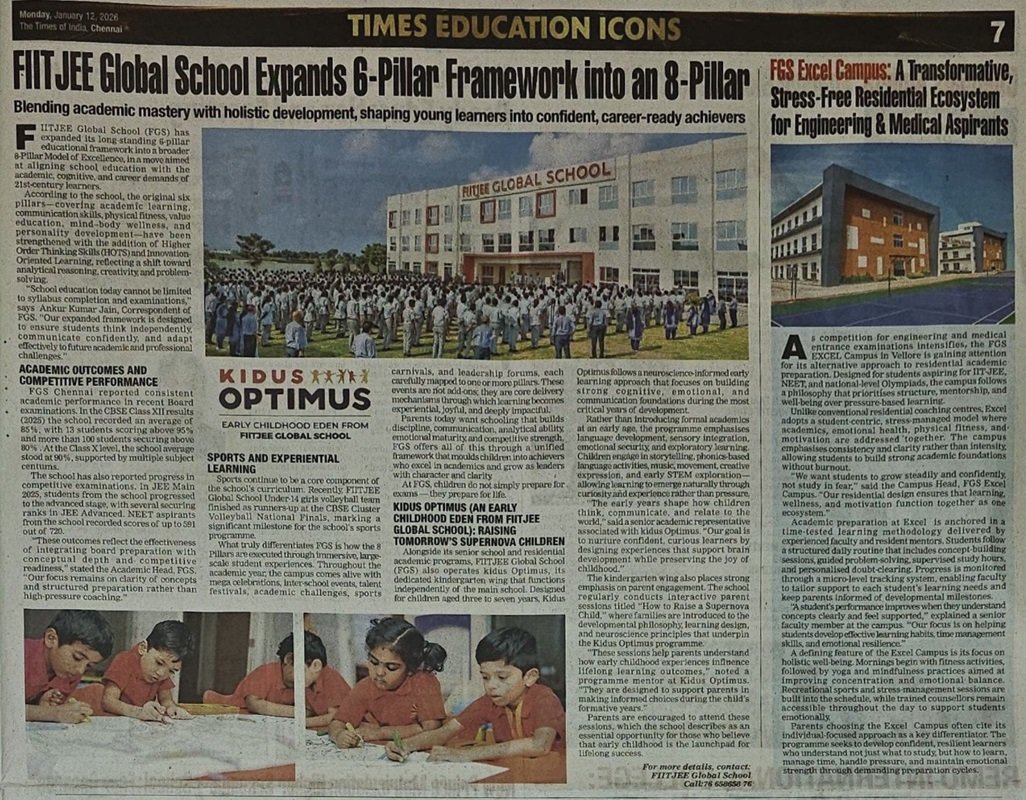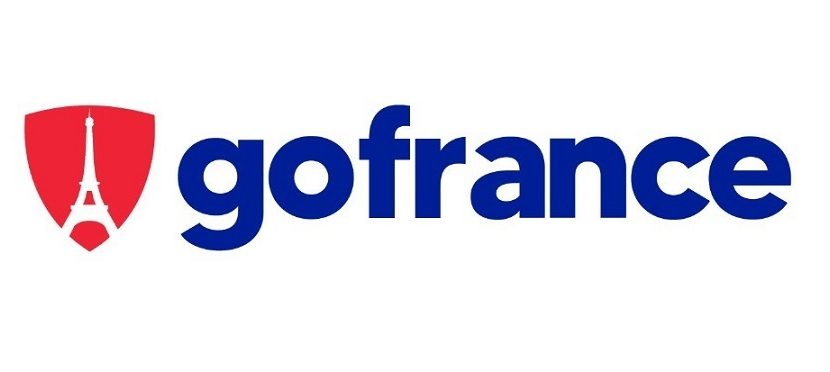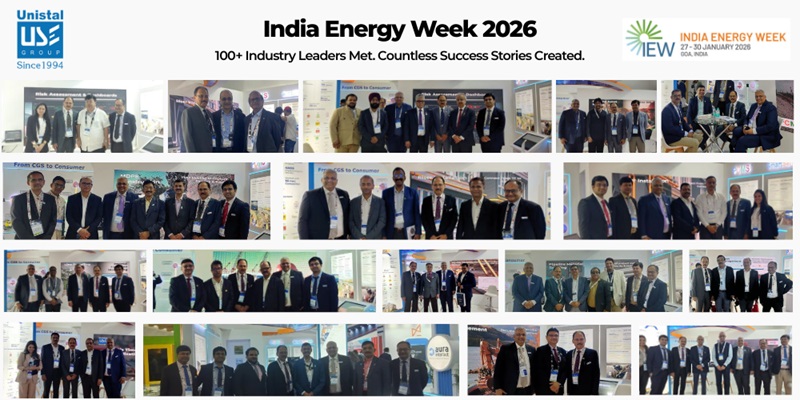
Goa, India | 06 February 2026: Unistal Systems Pvt. Ltd., a leading provider of advanced digital solutions for the energy sector, announced a strong and impactful participation at India Energy Week (IEW) 2026, one of the world’s premier energy summits, held from 27–30 January 2026 at ONGC – Advanced Training Institute, Goa.
Unistal’s exhibition emerged as a key destination for energy professionals, policymakers, and industry leaders seeking insights into the digital transformation of energy infrastructure, pipeline operations, and safety management.
Unistal India Energy Week 2026 convened over 75,000 global professionals, 700+ exhibitors, and a distinguished cross-section of industry stakeholders under the overarching theme of energy security, sustainability, and innovation. The event highlighted India’s growing role as a global hub for energy transition, investments, and technology partnerships, reinforced by discussions on long-term collaboration. It sustained capital commitments across the energy value chain.

Showcasing Digital Excellence in Energy Operations
At the core of Unistal’s presence were its flagship platforms—SmartGasNet and SmartSafeNet—designed to enable digital excellence across city gas distribution (CGD), pipeline monitoring, integrity management, and operational risk mitigation.
- SmartGasNet delivers end-to-end digitization and GIS-enabled network management, empowering utilities with real-time visibility, lifecycle control, and data-driven decision-making across gas distribution networks.
- SmartSafeNet enhances pipeline safety and reliability through advanced integrity management and predictive risk assessment for both piggable and non-piggable pipelines, supporting regulatory compliance and operational resilience.
Strong Market Response and Business Outlook
Over the four-day summit, Unistal engaged with a wide spectrum of industry patrons, utilities, EPC organizations, and strategic stakeholders. The company received strong interest in its digital platforms, particularly for improving efficiency, transparency, and executive-level oversight of large-scale energy infrastructure projects.
Based on these engagements, Unistal projects an anticipated business opportunity of ₹250 million, reflecting the sector’s accelerating demand for technology-led solutions in pipeline safety, gas network expansion, and intelligent asset management.
Leadership Speak
Commenting on Unistal’s participation, Mr. Alok Gupta, Managing Director, Unistal Systems Pvt. Ltd., said: “Participating in India Energy Week 2026 has been a truly enriching experience. The depth and quality of dialogue at the event clearly reflect the momentum in India’s energy sector toward digitalisation, safety, and sustainability. We are grateful to the delegates and industry leaders who visited our stall and engaged in meaningful discussions around SmartGasNet and SmartSafeNet. The enthusiasm for innovation strongly reinforces the transformational shift underway in energy operations.”
Mr. Pankaj Mathur, Director, Unistal Systems Pvt. Ltd., affirmed:
“The response to our solutions at IEW 2026 reaffirms Unistal’s position as a trusted digital partner within the energy ecosystem. We remain committed to supporting utilities and enterprises with robust, future-ready platforms incorporating AI, IoT, and advanced project management dashboards. We look forward to converting these engagements into long-term collaborations and realizing our projected business potential of ₹250 million.”

Unistal Systems extends its sincere thanks to all delegates, partners, and industry professionals who visited its exhibition space and contributed to the vibrant exchange of ideas throughout the event.
About Unistal Systems Pvt. Ltd.
Unistal Systems Pvt. Ltd. is a leading technology company delivering advanced digital platforms for critical infrastructure sectors, including energy, utilities, and large-scale industrial projects. With over two decades of domain expertise, Unistal specializes in GIS-enabled solutions, enterprise analytics, and intelligent network management systems that help organizations modernize operations, enhance safety, and drive sustainable growth.
Its flagship platform, SmartGasNet, enables end-to-end digitization of city gas distribution and pipeline networks, supporting 160+ projects, 75,000 km of pipelines, and deployments across 8+ countries. The solution is trusted by 22 oil & gas companies, 10 project management firms, and 45 EPC organizations, including marquee clients such as GAIL, Indraprastha Gas Limited (IGL), BPCL, and Purba Bharati Gas.
Driven by innovation and deep industry insight, Unistal continues to partner with energy enterprises worldwide to accelerate digital transformation and build future-ready, resilient energy infrastructure ecosystems.
Press Contact:
For media inquiries, please contact:
Sarita Verma
Marketing Manager
8800114822 | marketing@unistal.com











